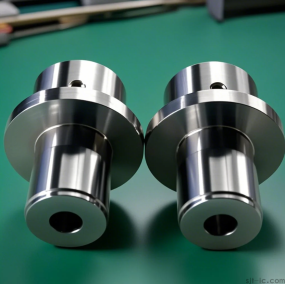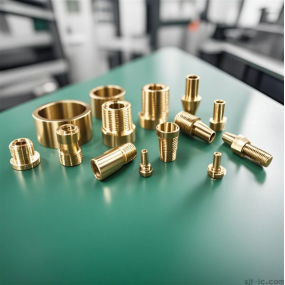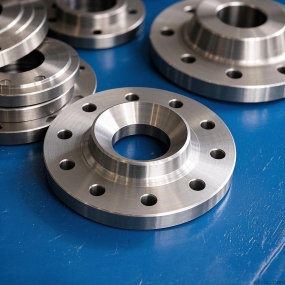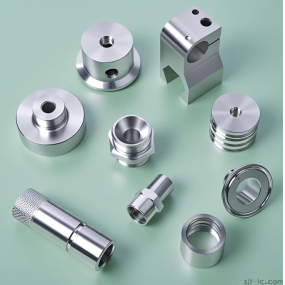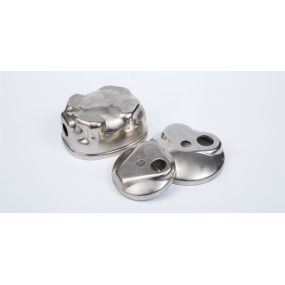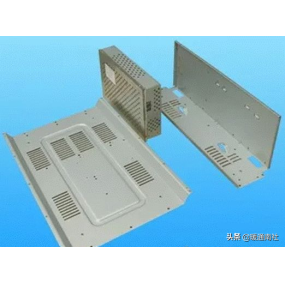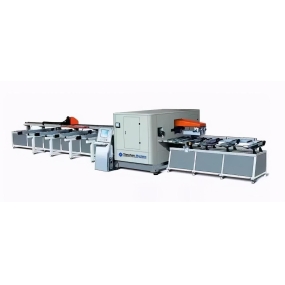As a leading CNC Machining service provider, EMAR specializes in delivering high-precision steel components for industries ranging from aerospace to automotive. One of the most common questions we receive from engineers and procurement managers is: "What precision can CNC machining achieve for steel parts?" This article will provide a professional breakdown of achievable tolerances, influencing factors, and how EMAR guarantees exceptional accuracy.
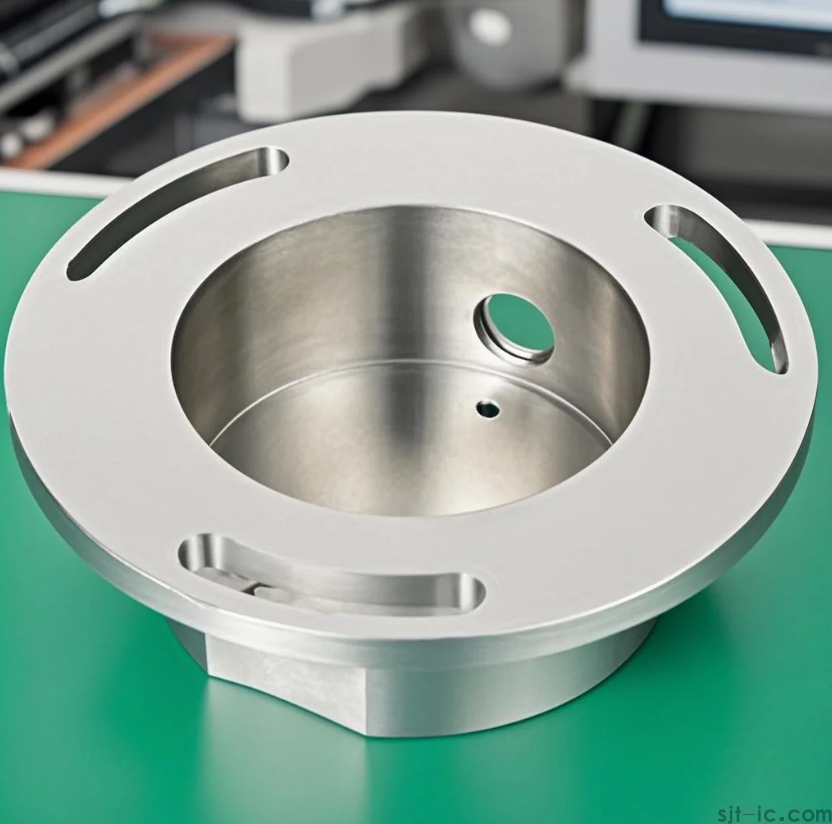
Standard Precision Levels for CNC Machined Steel Parts
Typical CNC machining processes can achieve the following precision levels for steel components:
- Standard machining: ±.005" (.127mm)
- Precision machining: ±.001" (.0254mm)
- High-precision machining: ±.0005" (.0127mm) or better
Key Factors Affecting CNC Machining Precision
Several technical elements influence the final accuracy of steel parts:
- Machine tool rigidity and condition
- Cutting tool selection and wear
- Workpiece material properties
- Thermal stability during machining
- Fixturing and workholding methods
EMAR's Precision Assurance Process
Our ISO 9001-certified facility implements strict quality controls:
- Regular machine calibration using laser interferometers
- Advanced CMM inspection with .0001" resolution
- Temperature-controlled machining environment
- Tool wear monitoring systems
Choosing the Right Precision for Your Application
While higher precision often means better performance, it also increases costs. Our engineers can help determine the optimal tolerance requirements based on your steel component's functional needs and budget constraints.


 Spanish
Spanish Arabic
Arabic French
French Portuguese
Portuguese Belarusian
Belarusian Japanese
Japanese Russian
Russian Malay
Malay Icelandic
Icelandic Bulgarian
Bulgarian Azerbaijani
Azerbaijani Estonian
Estonian Irish
Irish Polish
Polish Persian
Persian Boolean
Boolean Danish
Danish German
German Filipino
Filipino Finnish
Finnish Korean
Korean Dutch
Dutch Galician
Galician Catalan
Catalan Czech
Czech Croatian
Croatian Latin
Latin Latvian
Latvian Romanian
Romanian Maltese
Maltese Macedonian
Macedonian Norwegian
Norwegian Swedish
Swedish Serbian
Serbian Slovak
Slovak Slovenian
Slovenian Swahili
Swahili Thai
Thai Turkish
Turkish Welsh
Welsh Urdu
Urdu Ukrainian
Ukrainian Greek
Greek Hungarian
Hungarian Italian
Italian Yiddish
Yiddish Indonesian
Indonesian Vietnamese
Vietnamese Haitian Creole
Haitian Creole Spanish Basque
Spanish Basque

